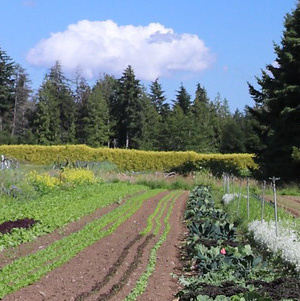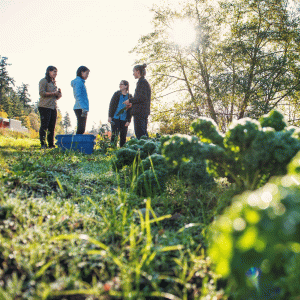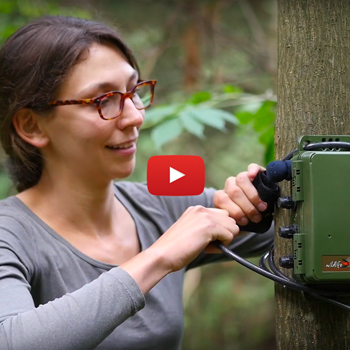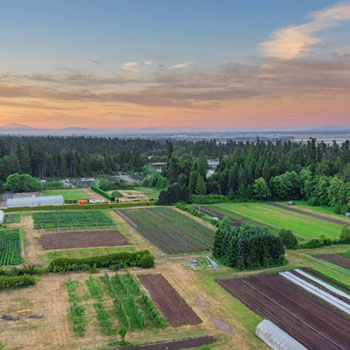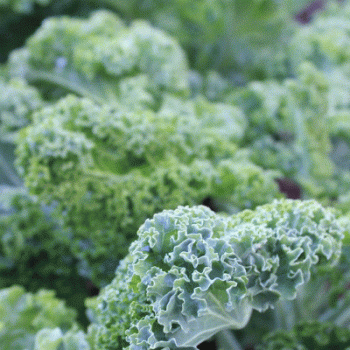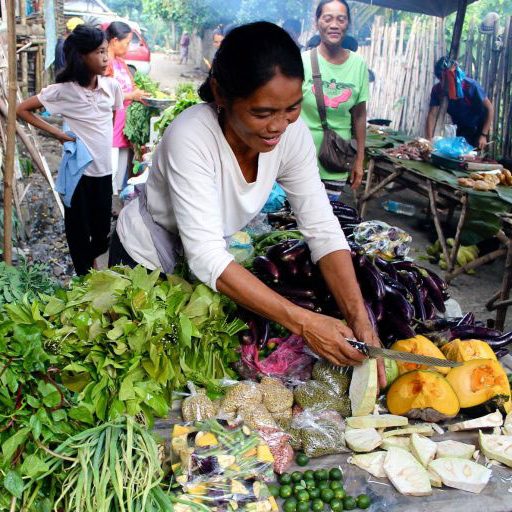Partnerships and Collaborations
Delta Farmland & Wildlife Trust
A new partnership with Delta Farmland and Wildlife Trust, a non-profit organization that promotes the preservation of farmland and wildlife habitat on the lower Fraser River delta through co-operative land stewardship with local farmers, has been established to conduct research on impact assessment of restoring semi-natural habitat on farmland led by cluster members Juli Carrillo and Claire Kremen.
Certified Organic Associations of British Columbia (COABC)
COABC, the organization that oversees the BC Certified Organic Program and its multiple certifying bodies, has signed on as partners to two key cluster research projects: Foodlands Trust, funded by the Investment Agriculture Foundation, and LiteFarm, funded by the Weston Foundation.
Ecological Farmers Association of Ontario (EFAO)
EFAO is a Guelph-based membership organization that supports farmers to build resilient ecological farms and grow a strong knowledge-sharing community through farmer-led education, research and community building. Cluster member Zia Mehrabi will attend the EFAO Annual Conference (December 2019), where he will foster and expand upon relationships with farmers and industry stakeholders engaged with the development of LiteFarm. He will be leading workshops and focus groups with conference attendees to receive feedback on the functionality of the app as well as ideas for future development directions.
BC Agricultural Climate Adaptation Research Network (ACARN)
Partnership with BC Agricultural Climate Adaptation Research Network (ACARN) was strengthened during 2019. Cluster members Sean Smukler, Zia Mehrabi, Susanna Klassen, Sean Kearney, Lisa Powell, Simone Castellarin, and Mollie McDowell participated in research engagement sessions at the ACARN Annual Meeting in Kamloops in December 2018, and multiple cluster members will attend the Annual Meeting in Kelowna in December 2019. Additionally, cluster members Juli Carrillo and Claire Kremen are collaborating with BC ACARN on a SSHRC Partnership Development Grant to assess the value of various types of restored habitats in Delta, BC for supporting populations of beneficial insects and how increases in these populations impact crop yields and profitability.
OpenTEAM
In September, 2019, a Memorandum of Agreement was signed with Wolfe’s Neck Center For Agriculture & the Environment for the CSFS to join the Open Technology Ecosystem for Agricultural Management (OpenTEAM) Collaborative. This network will create a farmer-driven, inter-operable technology platform to provide farmers with knowledge to improve soil health. This partnership will help link LiteFarm with the OpenTEAM Collaborative.
CGIAR
The Data-Driven Agronomy Community of Practice within the CGIAR’s Platform for Big Data in Agriculture, which Zia Mehrabi played a key role in founding, is finishing its second year in 2019. Zia is leading the working group for setting global baselines for technology access and has recently submitted a manuscript on the topic in collaboration with multiple other cluster members. Read the Community of Practice’s work plan here.
FAO Agroecology Team
Cluster members Zia Mehrabi, Hannah Wittman, Dana James, and Jenn Blesh are working with the FAO Agroecology Team to develop multi-dimensional assessment tools for agroecological outcomes that can be used in contexts around the world.
Food From Thought
The CSFS has partnered with Food From Thought, a research program at the University of Guelph aimed to position Canada as a global leader in the development of innovative solutions that improve both the sustainability and productivity of agricultural production. Cluster members Evan Fraser (the Scientific Director of Food From Thought), Zia Mehrabi, Hannah Wittman, and Tammara Soma, along with multiple other co-PIs from across Canada, have secured a SSHRC Insight Grant to study the social impacts of digital technology on Canadian growers.
Centro Vianei/InterAmerican Foundation
ISARA
The CSFS, led by cluster lead Hannah Wittman, has partnered with ISARA, an engineering school specialized in agriculture, agribusiness, and environment in Lyon, France, to develop a joint Agroecology MSc program for UBC and ISARA students.


